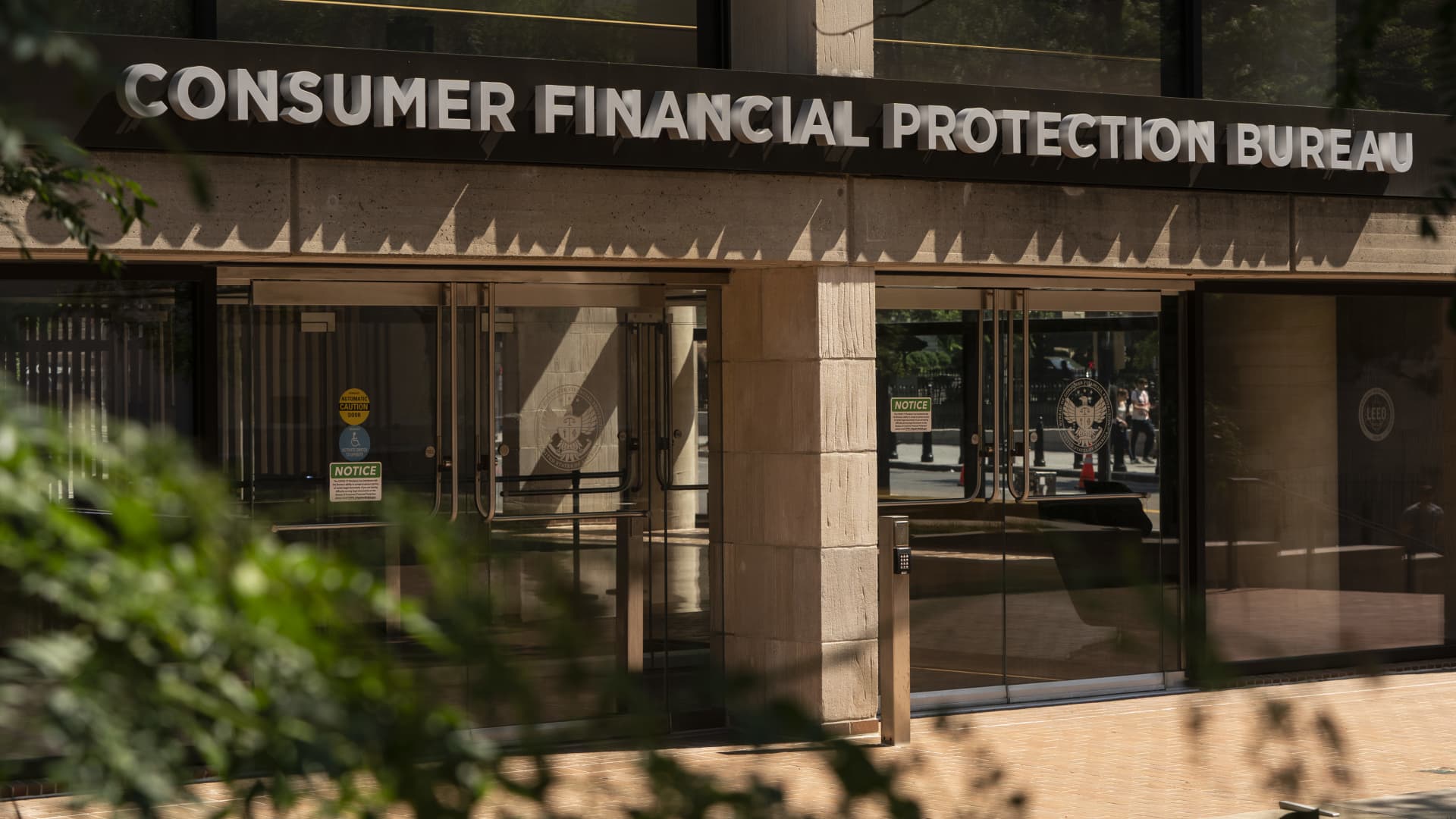Products You May Like
The Consumer Financial Protection Bureau plans to tighten rules around fraudulent money transfers via services like Zelle by pushing banks to repay more customers harmed by these alleged scams, according to a report published Tuesday in The Wall Street Journal.
These services facilitate quick and digital payments from person to person.
More from Personal Finance:
Airlines are struggling with lost and delayed bags
This withdrawal strategy can help retirees stretch savings
Before you ‘chase dividends,’ here’s what to know
The CFPB, a federal agency created in the wake of the 2008 financial crisis, is preparing to issue guidance in coming weeks that would raise banks’ financial obligations to customers who lose money in a payment-services scam, according to the report.
Banks generally only have liability for such transactions when they’re unauthorized by customers, but the CFPB may raise the bar by deeming payments made to a scammer as unauthorized, according to the WSJ report.
A CFPB spokesperson declined to comment on the specifics of the report.
“Reports and consumer complaints of payments scams have risen sharply, and financial fraud can be devastating for victims,” the spokesperson said in an e-mailed statement. “The CFPB is working to prevent further harm, including by ensuring that financial institutions are living up to their investigation and error resolution obligations.”
Early Warning Services, LLC, a group of seven banks that own Zelle, didn’t immediately return a request for comment.
“There’s no question that scammers are a big, big problem with these peer-to-peer services,” Matt Schulz, chief credit analyst at LendingTree, said in an e-mail. “They’re attracted to these apps like moths to a flame because there’s just so much money flowing through them and because transfers happen so quickly.”
It’s important for consumers to proceed with caution when using these apps because making a mistake may mean they’ll never see the money again, Schulz said.
“This isn’t like credit card fraud where the problem can often be handled with a quick phone call,” he added. “With P2P fraud, real money is often taken from a real account and oftentimes is gone for good. That’s a huge problem, especially in a time of rising inflation when so many Americans live on a tight budget.”
